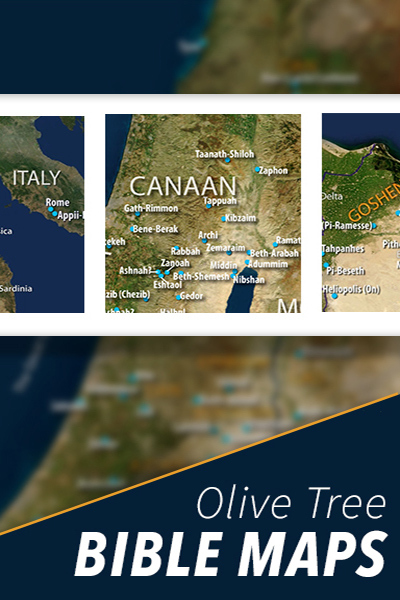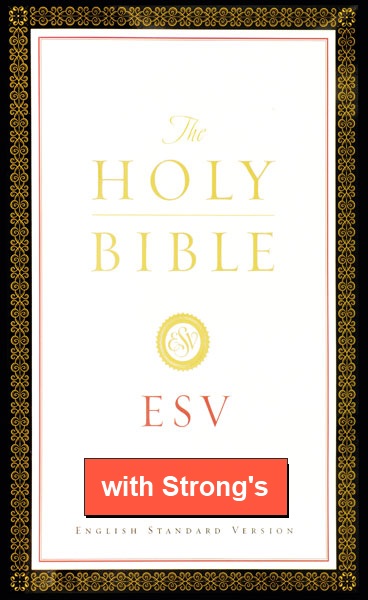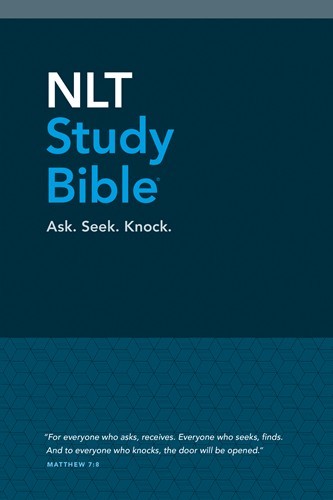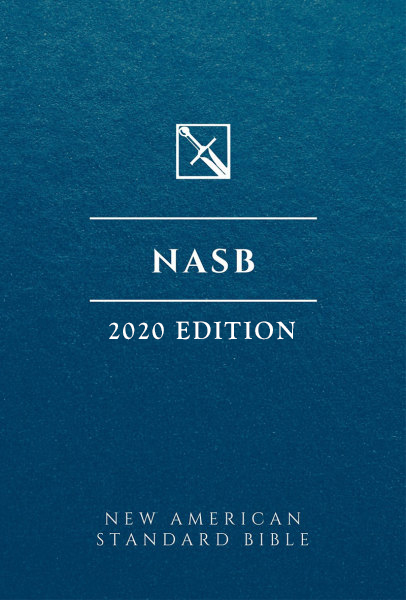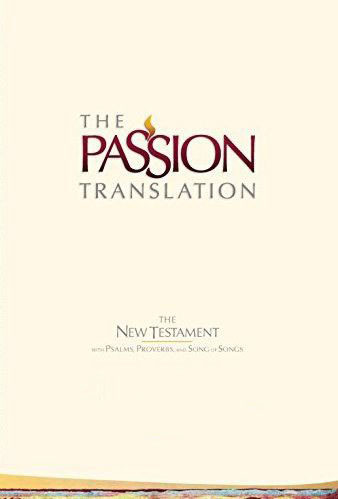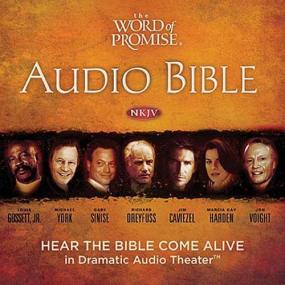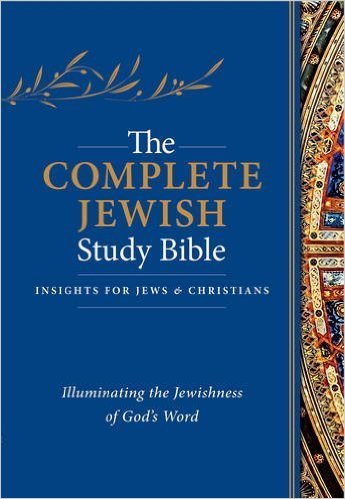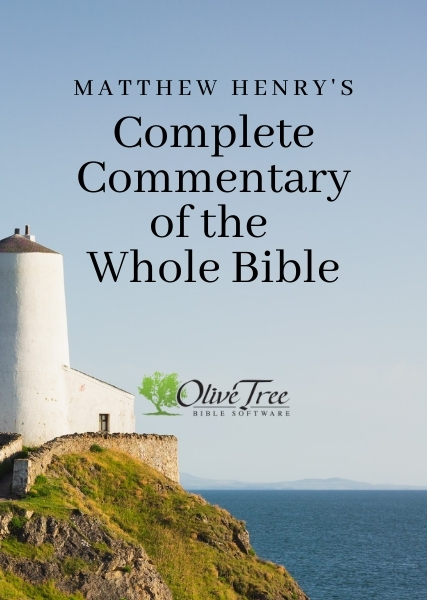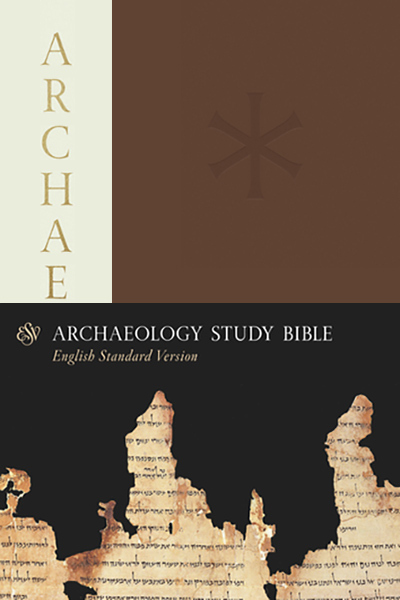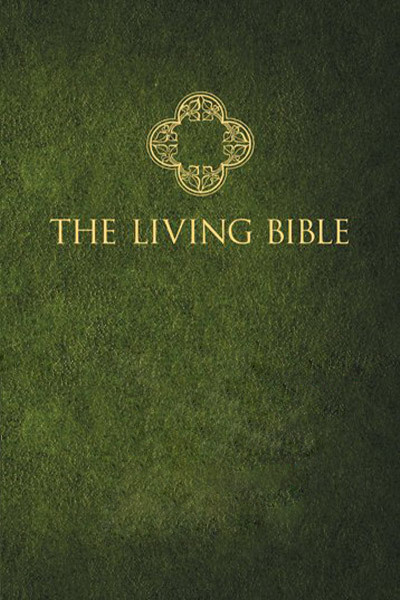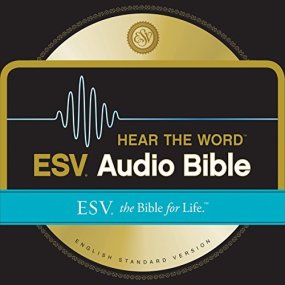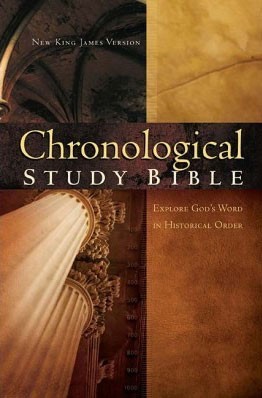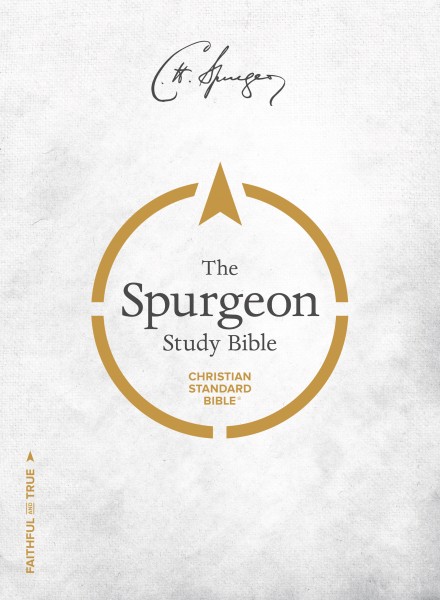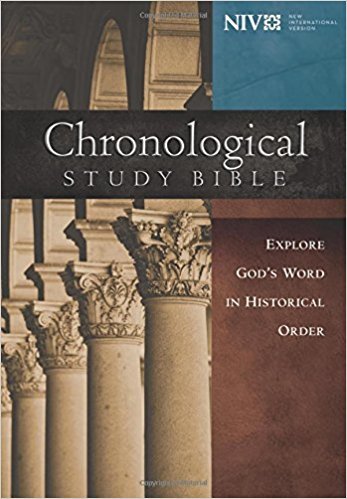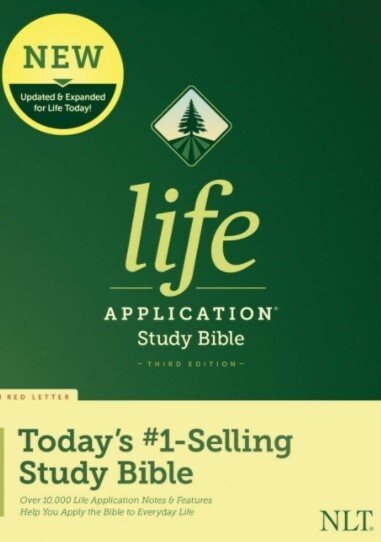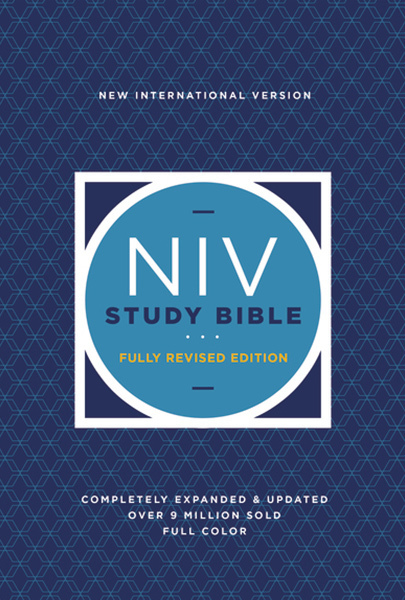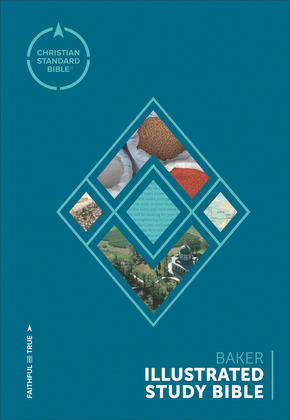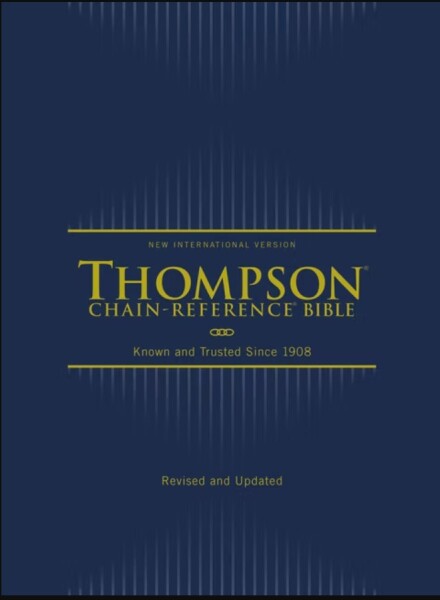Olive Tree Account
Olive Tree Account


Forgot Password
Enter the email address associated with your Olive Tree account to reset your password

Available for:
iPad, iPhone, Android, Mac, and Windows.
Features
Click on a feature to learn more.
Did your resource mention a passage of Scripture, but you can't remember what the verse says? Never fear! Tap the linked verse and a pop-up window will appear, giving you quick and easy access to the verse in context.

Available for:
iPad, iPhone, Android, Mac, and Windows.
Features
Click on a feature to learn more.
Did your resource mention a passage of Scripture, but you can't remember what the verse says? Never fear! Tap the linked verse and a pop-up window will appear, giving you quick and easy access to the verse in context.
Description
The contemporary trinitarian paradigm in systematic theology has been internationally well-known since the time of Karl Barth and Karl Rahner and, particularly, since the contribution of their famous successors. Many of them, Wolfhart Pannenberg and Robert W. Jenson among others, have intentionally shown in their writings what the general ecumenical relevance of the findings of trinitarianism might be. However, the academic research of ecumenism has not yet fully investigated how ecumenically-oriented trinitarian theology has been factually applied in varying ecumenical relationships and agreements. Unity in the Triune God focuses on the ecumenism of the Evangelical Lutheran Church in America with its full-communion partners--the Presbyterian Church (USA), the Reformed Church in America, and the United Church of Christ (1997); the Episcopal Church (1999); the Moravian Church in America (1999); and the United Methodist Church (2009). Together all these ecumenically active denominations have shown in their full-communion agreements that the doctrine of the Trinity and the church's common trinitarian confession are not meaningless relics from ancient times, but rather are dynamic and many-sided ecumenical resources that can be used for several functions in full-communion agreements. The goal of this study is to reveal the differing ways in which to utilize this ecumenical potential of the trinitarian faith.
Available for:
iPad, iPhone, Android, Mac, and Windows.
You might also like…
You might also like…






